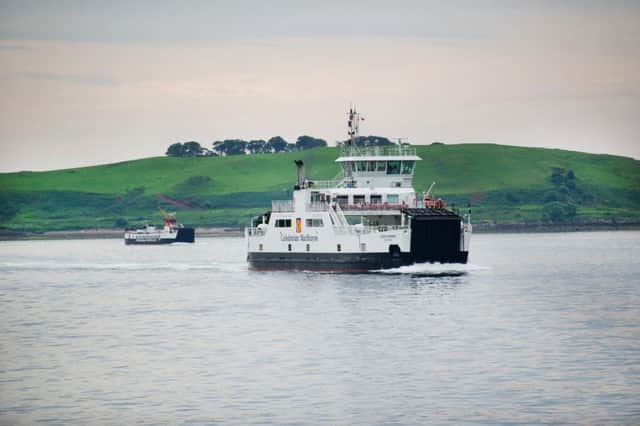Alastair Dalton: Private running of CalMac could fuel positive change


But mixed with that is the heritage and a sense of nostalgia of the companies involved.
That’s especially the case with Scotland’s main ferry operator, Caledonian MacBrayne, which originated in 1851, before cars or planes were invented and when the railways were in their relative infancy.
Advertisement
Hide AdAdvertisement
Hide AdIn some respects, ferry travel has evolved far less than other forms of transport, with ports, routes and even aspects of vessel design based on those in the Victorian era.
Also, unlike almost all the rest of transport in Scotland, CalMac is still both owned and operated by the state, one of the last traces of the nationalised industries of the past.
For years, it seems mainland Scots have had a love/hate relationship with CalMac – happy memories of past holiday trips mixed with frustration at a perceived inflexibility that comes with its almost total west coast monopoly.
There have been past claims that the operator has not been responsive to local needs, while its staff have enjoyed overly generous conditions compared with other workers.
This all came to a head with the threat of CalMac’s routes being run by a private firm for the first time since it was taken over by the state nearly 70 years ago.
Serco, which runs many government contracts on both sides of the Border, is the sole rival bidder for the next eight-year CalMac contract from next year.
CalMac’s unions took fright, fearing for jobs, conditions and pensions after finding Serco’s running of sister firm NorthLink not to their liking.
That culminated in a dispute which involved a strike three weeks ago, CalMac’s first for decades.
Advertisement
Hide AdAdvertisement
Hide AdIt was resolved on Wednesday with pledges – though not a cast-iron guarantee – in case Serco wins.
But what if it does? Could a new company at the helm bring fresh thinking and further innovation, even taking into account the impressive customer service and catering improvements CalMac has made over recent years?
After all, the key elements of the service, such as sailing frequency, will be controlled by ministers – just like it is at Abellio-run ScotRail. The same ships would be run by the same staff.
The first time CalMac’s routes went out to competitive tender, all the other bidders dropped out.
What do we want to happen this time round?